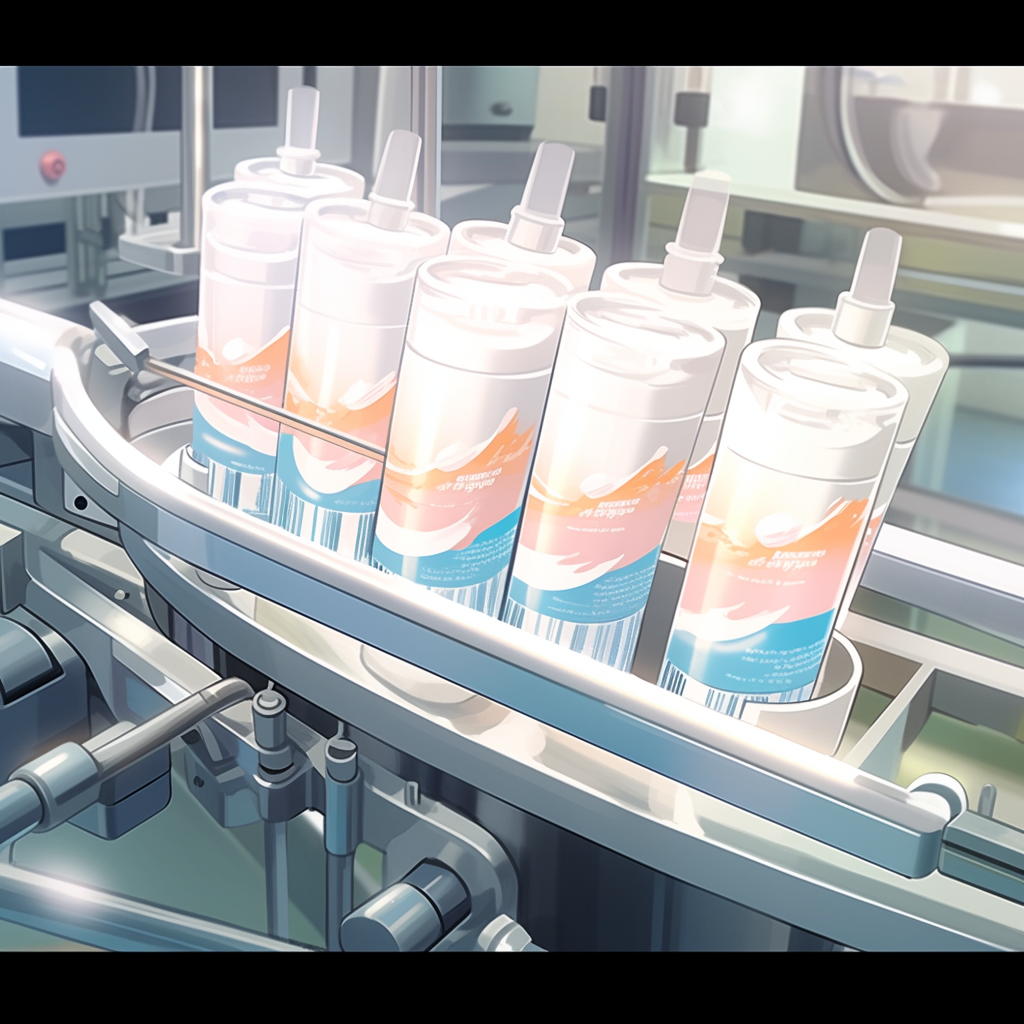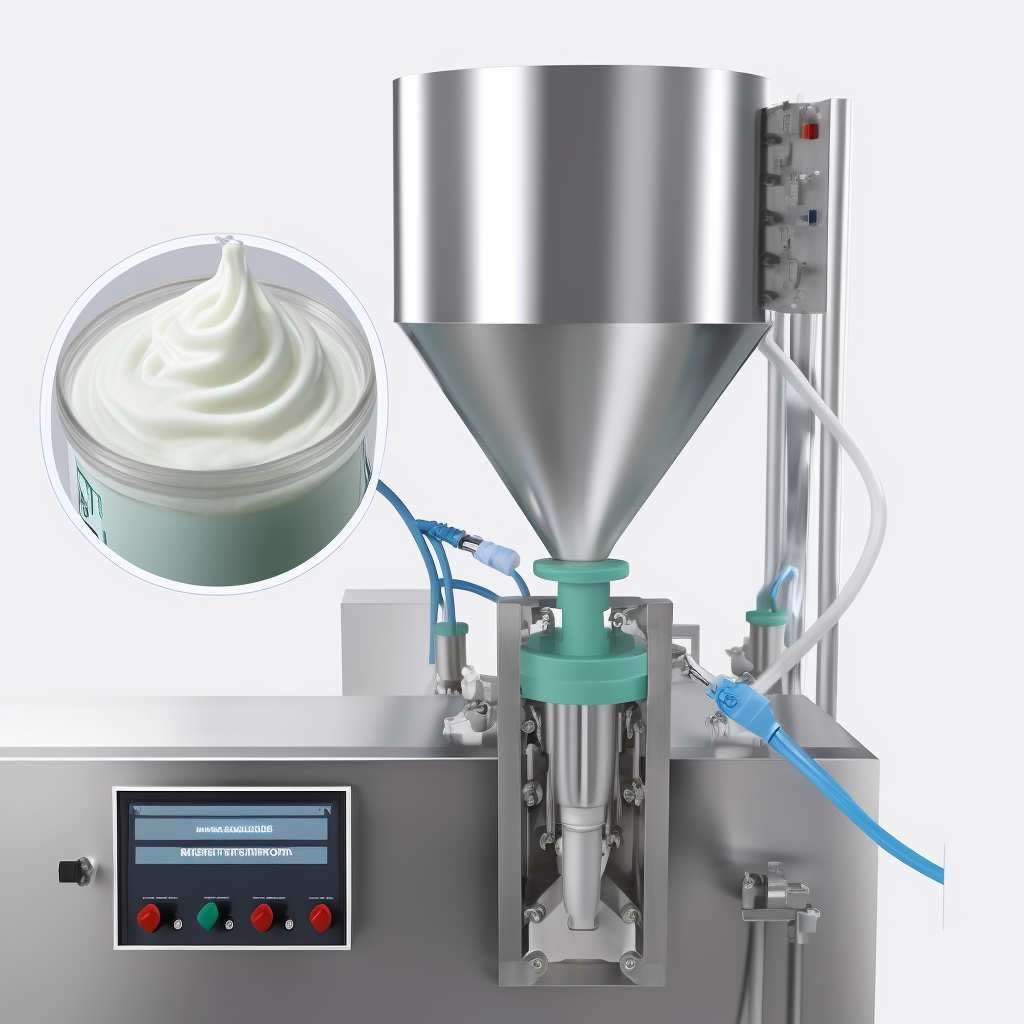
12 Jan Exploring the World of Tube Sealing Machines Types and Applications
When it comes to bottle filling machines, buyers often have several key concerns. However, one aspect of the packaging process that is equally vital is sealing. Tube sealing machines come in various types, each tailored to specific needs and industries. In this article, we will explore the world of tube sealing machines, including their types and applications.
What are The Common Types of Tube Sealing Machine
Tube sealing machines can be classified into several types, including:
Ultrasonic Tube Sealing Machines:
These machines use ultrasonic technology to seal tubes. Ultrasonic vibrations generate heat, which fuses the tube material, creating a strong and reliable seal. They are commonly used in industries where hygiene and precision are crucial, such as pharmaceuticals and cosmetics.
Soft Tube Sealing Machines:
Soft tube sealing machines utilize heat to seal the open end of plastic or soft tubes. This hot air sealing process ensures a secure and aesthetically pleasing of tube sealers. It’s especially suitable for industries where product presentation is essential, like cosmetics.

Fully Automatic Filling and Sealing Machines:
These advanced filling machines not only fill containers but also seal them. They are highly efficient and suitable for high-volume production, such as in the food and beverage industry.
Filling and Sealing Machines:
These machines combine the functions of filling and sealing in a single unit. They are versatile and find applications in various industries, including pharmaceuticals, personal care, and food.
I. Understanding Automatic Soft Tube Sealing Machines
Automatic soft tube sealing machines are an excellent choice for sealing plastic or soft tubes. They rely on heating techniques to fuse the tube’s open end under controlled conditions. This process ensures a strong seal that prevents issues like contamination due to foreign particles, offering an attractive, neat seal. Furthermore, these machines can be customized to include essential information like production dates and expiration dates at the plastic tube sealer’s sealed end.

II. Applications of Tube Sealing Machines
Tube sealing machines have a wide range of applications across several industries, making them indispensable. They are especially ideal for:
Pharmaceutical Industry:
Ensuring the integrity and safety of pharmaceutical products is paramount. Tube sealing machines help maintain the quality and hygiene of medicines and creams.

Cosmetic Industry:
Cosmetics often come in tubes, and the presentation of these products is crucial. Tube sealing machines ensure a professional and appealing seal for cosmetic items.
Food Industry:
Certain food products, like sauces and condiments, are packaged in tubes. Tube sealing machines maintain the freshness and quality of these consumables.

Specialty Industries:
Tube sealing machines also find applications in specialty industries where specific sealing requirements are necessary.
III.Advantages of Plastic Tube Sealer in Production Lines
In summary, the advantages of incorporating tube sealers into production lines are abundant. These machines offer precision and reliability, ensuring the quality and integrity of the packaged products. Here are some key points to consider:
- Consistency: Tube sealers provide consistent and uniform seals on plastic tubes, reducing the risk of leaks or contamination. This level of consistency is crucial in industries like pharmaceuticals, where precise dosages are imperative.
- Cost-Efficiency: Tube sealers are a cost-effective solution for sealing plastic tubes. They minimize product wastage by ensuring that each tube is properly sealed, thus saving both time and materials.
- Hygiene: In industries where hygiene is paramount, such as cosmetics and food, tube sealers help maintain the cleanliness and purity of the product. They prevent external contaminants from entering the tube.
- Versatility: Tube sealers can operate a variety of plastic tubes, including those with different sizes and shapes. This versatility makes them suitable for manufacturers with diverse product lines.
- Integration: When integrated into production lines, tube sealers contribute to the overall efficiency of the process. They can be synchronized with other equipment, creating a seamless workflow.
- Customization: Some tube sealers offer the option to customize seals by adding production dates, expiry dates, or batch numbers. This feature enhances traceability and compliance with regulatory requirements.
- Reduced Downtime: By preventing leaks and ensuring proper seals, tube sealers help reduce downtime caused by faulty packaging. This is especially critical in high-volume production environments.
In conclusion, they are integral components of modern production lines, offering users a range of benefits that contribute to the efficiency, quality, and hygiene of the packaging process. As industries continue to evolve, these machines will likely play an even more significant role in meeting the demands of consumers and regulatory standards.
IX. Conclusion
In the world of packaging machinery, the sealing process is just as critical as filling. Tube sealing machines, with their various types and applications, play a vital role in ensuring the safety, hygiene, and presentation of products across industries. Buyers seeking the right tube sealing machine should consider their specific needs and research the industry requirements to make an informed choice.

